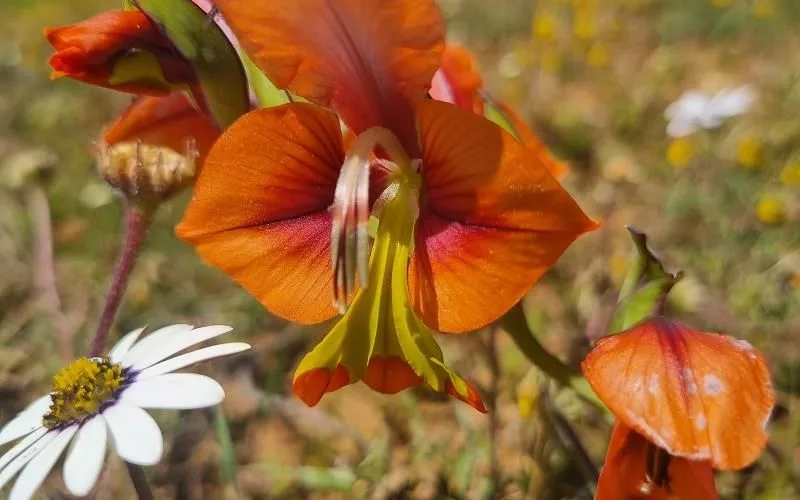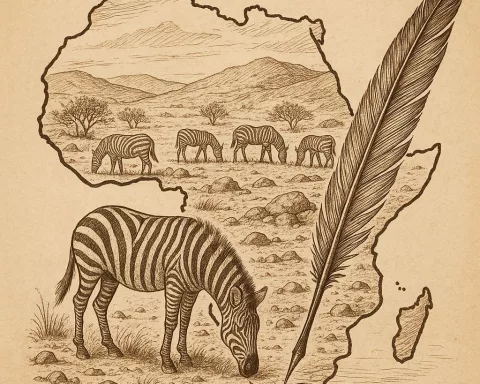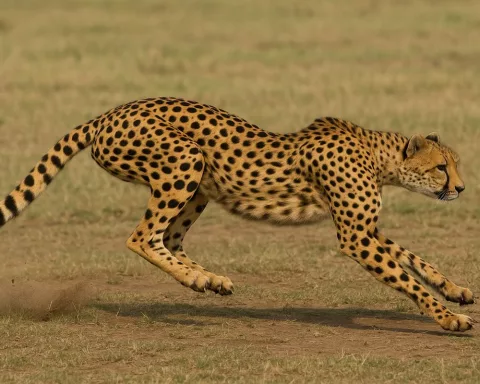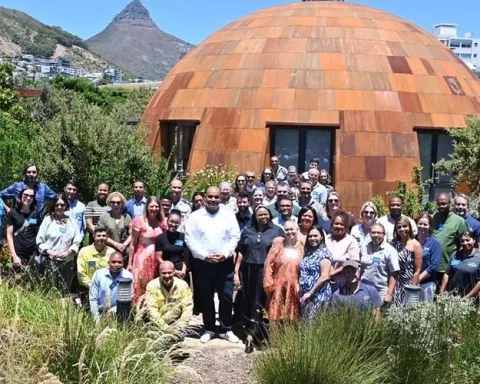Cape Town’s ‘No Mow’ initiative transforms public areas into a vibrant display of spring flowers and indigenous vegetation from August through November. This initiative fosters critical environmental processes and contributes to the larger ecological puzzle by creating resilient networks of varied habitats. It invites a diverse population of fauna, including birds, butterflies, moths, and bees, each adding their unique touch to this vivid scene. The initiative represents a deliberate shift towards greener and more sustainable methods, highlighting the city’s dedication to preserving its local biodiversity.
What is Cape Town’s ‘No Mow’ initiative?
Cape Town’s ‘No Mow’ initiative is an eco-friendly approach to conservation, transforming public areas into a vibrant display of spring flowers and indigenous vegetation every year from August through November. The initiative fosters critical environmental processes that stimulate the growth of the distinctive Fynbos vegetation unique to this region and contributes to the larger ecological puzzle by creating resilient networks of varied habitats. It invites a diverse population of fauna, including birds, butterflies, moths, and bees, each adding their unique touch to this vivid scene.
The arrival of spring in Cape Town is a spectacle in itself. With winter fading into the background, the city’s Recreation and Parks Department embarks on an annual mission that is as beautiful as it is necessary. Known as the ‘no mow’ initiative, this program takes place every year from August through November. It is an eco-friendly approach to conservation, transforming public areas into a vibrant display of spring flowers and indigenous vegetation.
The initiative has a purpose beyond mere visual delight. It fosters critical environmental processes that stimulate the growth of the distinctive Fynbos vegetation, unique to this region. An extensive inventory of participating public spaces is accessible online, indicating where you can expect to see these colorful transformations occur over the coming months.
Building Ecological Corridors in Cape Town
The public open spaces (POS) in Cape Town are far from secluded. On the contrary, these areas act as ecological corridors, forming essential connections to other open spaces, conservation territories, natural reserves, and national parks. This interlinking creates a resilient network of varied habitats, each contributing to the larger ecological puzzle.
During the peak period of the ‘no mow’ initiative, these public spaces explode into a kaleidoscope of color, thanks to the blooming spring flowers. This vibrant display invites not only plant enthusiasts but all residents to partake in and enjoy this natural spectacle.
A Community Effort for Conservation
Councillor Patricia Van der Ross, a key proponent of the ‘no mow’ movement, and also the Mayoral Committee Member for Community Services and Health, has openly expressed her excitement about the annual discussions surrounding this initiative. She praised the public’s enthusiasm and highlighted the City’s responsibility in identifying delicate ecosystems in public spaces, parks, greenbelts, and road verges that demand protection. The councillor also urged residents to play an active role in this environmental endeavor by advocating for the addition of their community spaces to the ‘no mow’ list.
Flowers, while visually appealing, also play a fundamental role in the pollination of most seeding plants. Therefore, this initiative offers a crucial service to nature. Additionally, it invites a diverse population of fauna — including birds, butterflies, moths, and bees — each adding their unique touch to this vivid scene.
Promoting Sustainable Practices through the ‘No Mow’ Drive
The ‘no mow’ drive in Cape Town is not merely about neglecting grass cutting. It represents a deliberate shift towards greener and more sustainable methods. It highlights the city’s dedication to preserving its local biodiversity, while also ensuring that public spaces remain pleasurable for its inhabitants.
The Recreation and Parks Department will recommence its routine mowing at parks and public areas at the end of November 2024. This allows sufficient time for the indigenous flowers to generate adequate seeds.
Citizens with a keen environmental interest can actively participate in this green initiative. They can submit written applications to pause mowing in their respective zones, ensuring that Cape Town’s green heritage continues to thrive in their communities.
The ‘No Mow’ Transformation of Cape Town
As Cape Town enters its ‘no mow’ period, the city transforms into a living mural, a compelling demonstration of mindful urban planning and a strong commitment to conservation. The ‘no mow’ initiative serves as a lively reminder that when we make an effort to safeguard nature, nature reciprocates with a display of life and color that is truly magnificent.
1. What is Cape Town’s ‘No Mow’ initiative?
Cape Town’s ‘No Mow’ initiative is an eco-friendly approach to conservation, transforming public areas into a vibrant display of spring flowers and indigenous vegetation every year from August through November. The initiative fosters critical environmental processes that stimulate the growth of the distinctive Fynbos vegetation unique to this region and contributes to the larger ecological puzzle by creating resilient networks of varied habitats. It invites a diverse population of fauna, including birds, butterflies, moths, and bees, each adding their unique touch to this vivid scene.
2. What is the purpose of the ‘No Mow’ initiative in Cape Town?
The ‘No Mow’ initiative in Cape Town has a purpose beyond mere visual delight. It fosters critical environmental processes that stimulate the growth of the distinctive Fynbos vegetation unique to this region. The public spaces in Cape Town are far from secluded, and these areas act as ecological corridors, forming essential connections to other open spaces, conservation territories, natural reserves, and national parks. This interlinking creates a resilient network of varied habitats, each contributing to the larger ecological puzzle.
3. Who can participate in the ‘No Mow’ initiative?
Citizens with a keen environmental interest can actively participate in this green initiative. They can submit written applications to pause mowing in their respective zones, ensuring that Cape Town’s green heritage continues to thrive in their communities.
4. When will the mowing of parks and public areas resume in Cape Town?
The Recreation and Parks Department will recommence its routine mowing at parks and public areas at the end of November 2024. This allows sufficient time for the indigenous flowers to generate adequate seeds.
5. How does the ‘No Mow’ initiative promote sustainable practices?
The ‘No Mow’ initiative in Cape Town represents a deliberate shift towards greener and more sustainable methods. It highlights the city’s dedication to preserving its local biodiversity while also ensuring that public spaces remain pleasurable for its inhabitants.
6. What role do flowers play in the ‘No Mow’ initiative?
Flowers, while visually appealing, also play a fundamental role in the pollination of most seeding plants. Therefore, this initiative offers a crucial service to nature. Additionally, it invites a diverse population of fauna — including birds, butterflies, moths, and bees — each adding their unique touch to this vivid scene.












